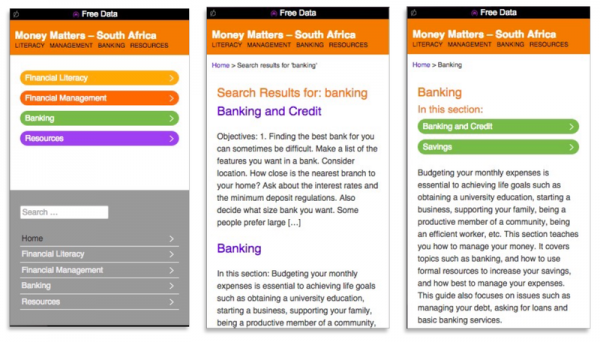
India’s telecom regulator struck a blow for Net neutrality yesterday when it blocked a free Internet service from Facebook that limited access to some websites and favoured others.
The Free Basics Internet service app, part of the Internet.org initiative launched in 2013, has been controversial from the start, by allowing access to a limited number of sites, such as Wikipedia and the BBC.
In blocking access to this service, the Indian government in essence said no to a tiered Internet, one where service providers can control what content is shown to millions of people who cannot otherwise afford to go online.
The downside, of course, is that these users will now not be able to even have a limited version of the Internet. This connectivity could have helped uplift lives with new opportunities and knowledge, argued Facebook predictably.
Yet, India has made an important decision – that free isn’t everything. It is saying that a free service doesn’t come without any strings. Certainly, Facebook isn’t running a charity offering Internet access for free.
Indeed, it has said that providing access to the entire Internet for free isn’t sustainable. But why?
Could it be that it wants to control what users of its free service view as they go online? Or that it wishes to collect more user data for advertising?
The idea that free is good, free is unbeatable, has already been turned on its head of late. A free service like Gmail or Facebook isn’t without cost – you, the user, just become the product to be marketed to advertisers.
Many users accept this compromise willingly. Some do so without choice, because they have to connect to other services. Will the poor and unconnected be subject to more costs because they cannot afford even basic access?
There’s an even bigger worry. Facebook’s offering may set a dangerous precedent, that whoever offers the Internet for free can be the new gatekeepers of a cyber age, the new censors of what people read.
Net neutrality may be a controversial topic on which not everyone agrees. But clearly, in this case, free isn’t good enough. It has to be fair as well.
It’s not that connected folks in the suburbs are deciding that poor villagers can’t even have their stripped down version of the Internet. It’s setting the bar higher so that “free” doesn’t come with “limited”. Or hidden costs.






